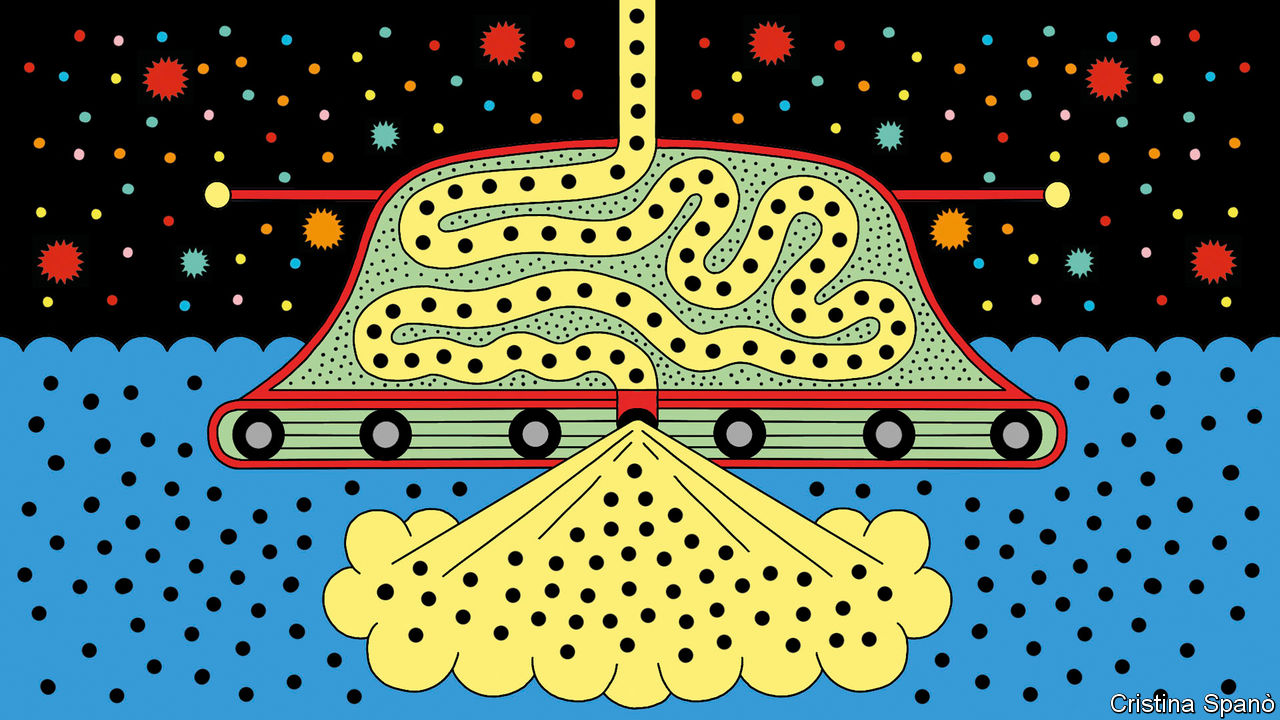

I can actually imagine that evolutionary pressure could favour being able to kill yourself from sleep deprivation. Our ability to deny ourselves sleep is of course a result of evolutionary pressure, where people that were able to keep going for days on end without sleep to survive a crisis outcompeted those that collapsed from sleep deprivation and passed out.
If we extrapolate to even worse crises, I can imagine that those who were able to keep going while carrying or protecting their kids or family until they died could have an edge over those that passed out from sleep deprivation, and died due to whatever they were staying awake to survive from. In short, that there are situations where it can be advantageous (from an evolutionary perspective) to be able to push yourself to the point of death, while ensuring that your kids survive.
I have no research to back this up, but I can imagine that humans could have evolved the capability to kill ourselves from sleep deprivation.
Another possibility (that’s kind-of mentioned by others here) is that once you go past a certain point of sleep deprivation, the parts of your brain responsible for making you sleep essentially stop working properly. If we assume that historically, it was extremely rare that people got to that point, there would be very low evolutionary pressure to fix that issue (i.e. make us pass out before dying). In that case, this could be one of the many situations where we have an attribute not because it’s advantageous, but because it’s not disadvantageous enough to be selected away by evolution.







I definitely have a hangup on students I teach saying something along the lines of “I don’t know how to get started on this, I asked GPT and…”. To be clear: We’re talking about higher-level university courses here, where GPT is, from my experience, unreliable at best and useless or misleading at worst. It makes me want to yell “What do you think?!?” I’ve been teaching at a University for some years, and there’s a huge shift in the past couple years regarding how willing students are to smack their head repeatedly against a problem until they figure it out. It seems like their first instinct when they don’t know something is to ask an LLM, and if that doesn’t work, to give up.
I honestly want shake a physical book at them (and sometimes do), and try to help them understand that actually looking up what they need in a reliable resource is an option. (Note: I’m not in the US, you get second hand course books for like 40 USD here that are absolutely great, to the point that I have a bunch myself that I use to look stuff up in my research).
Of course, the above doesn’t apply to all students, but there’s definitely been a major shift in the past couple years.